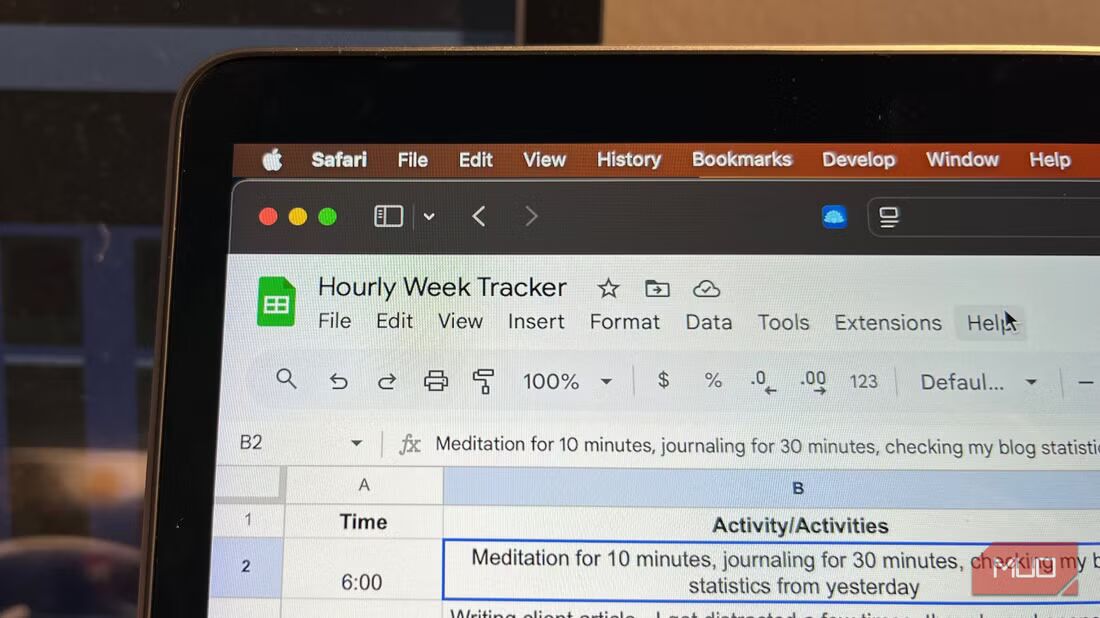Black Friday and Cyber Monday should mean you save money on tech. But instead, scammers are hard at work, trying to part you from your hard-earned cash with these scams.
1Fake Products That Never Turn Up
You find a high-end item being sold on social media or eBay. It’s a rarity, something you know a loved one has been desperate to get for some time. Naturally, you jump at the deal and pay immediately to grab a bargain.
And then you wait. And wait. And wait. The present never arrives because it never existed in the first place. This can happen to third parties or even huge retailers like Amazon.
In particular, PlayStation 5 and Nintendo Switch scams (the most hard-to-find consoles on the market) are particularly rampant, especially heading from Thanksgiving into the Holiday period. This has been an issue for some time: in 2022, Lloyds, a UK bank, reported a 172 percent year-on-year increase in gaming console fraud.
You might think you’re safe if you’re spending smaller amounts on gifts. But Lloyds also reported an astonishing 646 percent increase in clothing scams around Black Friday! Overall, Lloyds found that the rate of fraud reported for purchases made on Black Friday and Cyber Monday was 29 percent higher.
You need to be vigilant when it comes to social media anyway: it’s easy to be scammed on Facebook Marketplace. So, pay through secure means like PayPal, a credit card, or other methods with guaranteed money-back protection.
2Free Gifts and Discounts
The holidays are costly, so everyone is looking for cheaper deals and free gifts.
In many cases, “complementary” gifts don’t exist. They’re either there to lure you into a real store, i.e., promising you something only after you spend a huge amount of money, or encouraging you to click on a fake advert and be redirected to a phishing shop. This will at least vacuum up your personal details, including financial information, or, even worse, download malware to your device. That could be spyware that keeps track of everything you do.
Scammers want you to panic and act without mulling over likelihoods: in the case of “complementary” items, they want you to think you’re getting something for nothing. That never happens.
It’s not exactly fraud when retailers offer a free gift or send a voucher code to tempt you into buying more. After all, with legitimate shops, those items exist, and you’re not falling into the hands of cybercriminals. Nonetheless, it can feel like a scam when you only intend to buy one or two products but are tricked into purchasing more. Take Amazon’s “Buy 4, save 5%” offer. In many cases, you don’t want four items but add them to your basket to save a couple of dollars—money you wouldn’t have ordinarily spent anyway.
The lesson is not to get carried away or lured in by false promises.
3Amazon Prime Order Problems
Most turn to Amazon during the holiday period. Its fast delivery services and wide selection of products make it perfect for Christmas. However, scammers can also use Amazon to trick consumers into making mistakes and handing over private data, and these phishing scams are rampant.
If you get an email, WhatsApp, or SMS purporting to be Amazon, be skeptical, especially if it says there’s been a problem with a recent order. In most cases, it will include a link. Once you click on it or any elements in the message, such as an order number, you’ll be redirected to a fake site. Once again, this might download malicious software onto your device or ask for personal information.
If you’re unsure, open another tab or browser window and navigate to Amazon independently. Do not click on anything in the message. You could be falling into a fraudster’s hands, as even logos can be faked. So investigate in a separate tab, app, or device. If you’ve got the official Amazon app, you can use that.
From there, look at your orders. This section will tell you whether there are any issues. If you’re still unsure, you can contact customer services and ask whether a message is genuine. You can do the same with other retailers, too, not just Amazon.
Follow your instincts. If something seems suspicious, make sure you trust your gut feelings.





